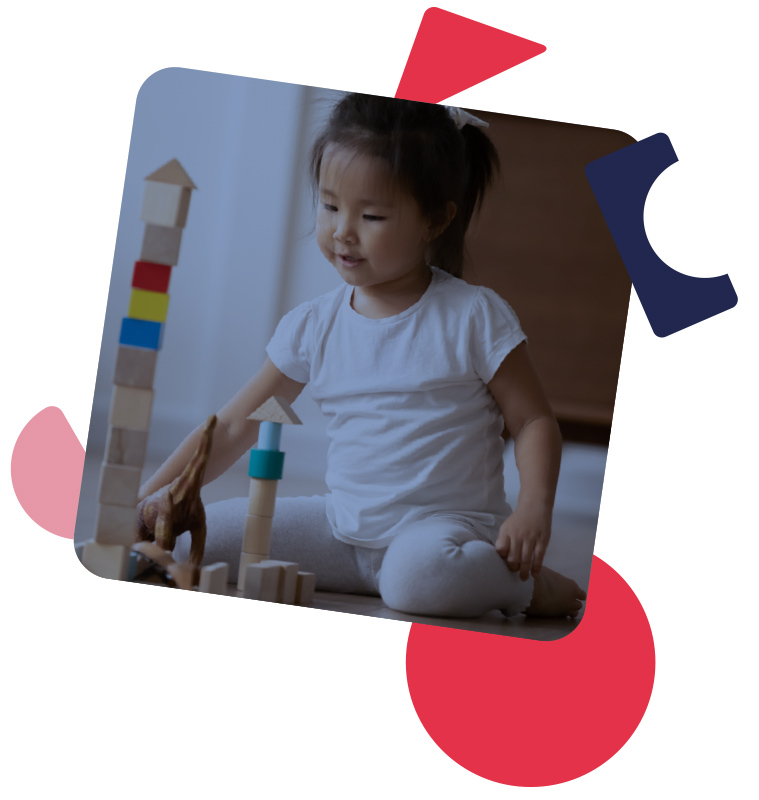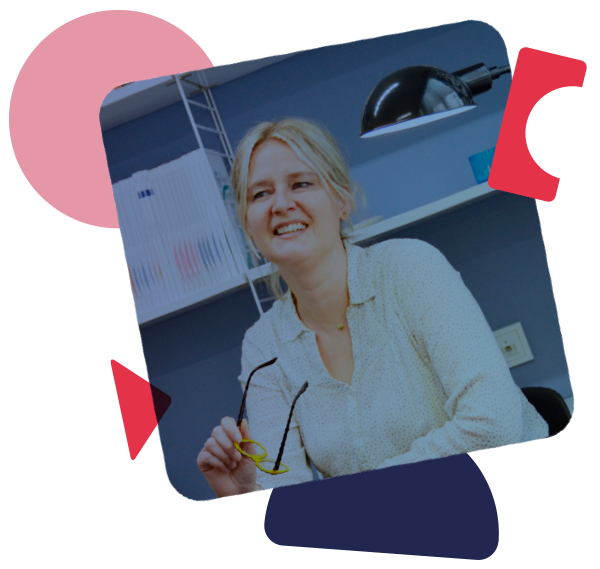
Child psychology
Early childhood

Do you want an appointment?
+34 660 292 424
You can call us or write us an email We'll be happy to hear from you!
Do you prefer that we call you?
Do you want an appointment?
+34 660 292 424
You can call us or write an email. We'll be happy to hear from you!
Do you prefer that we call you?
The child’s world expands even more when kindergarten begins. A young child is willing to learn new abilities and should be encouraged to do so. She is active and curious; her days are full of imagination and play. Through play, the child gets to know herself, other people and the world around her.
Play is very important at this age as it develops the child’s mental, social and physical skills. Through it, she copes with various experiences and emotions, and begins to pay more attention to other people. The child should be encouraged to take the initiative and play alone at times. It is advisable to help the child to tidy up at the end of the game.
The upbringing of young children involves a wide variety of situations of daily interaction, emotions and concerns:
Is the child developing appropriately?
It he/she healthy?
Why does the child eat poorly, cry often, or is restless or does not sleep well?
How do we deal with the defiant, disobedient child?
How can I share parenting tasks or cope alone?
How should we act when the child has difficulties in daycare?
What kind of mother or father am I?
What kind of parent would I like to be to my son/daughter?
Is it normal for the child to tire me so much or for me not to feel well?
Sometimes to give a good answer in these situations it is necessary to receive help and specific guidelines.
Sometimes it is difficult for parents to describe in detail the concern about the child. Parents may need help or just a new perspective.
At the age of one year, the baby turns into a small child. There is a new individual in the family who has her own mind and will and who must be considered as another member of the family. Skills are constantly improving and growing as the child is able to practice and try different things.
The two-year-old is busy and is constantly learning new skills. Her own will grows; she wants to do things by herself. She is also interested in what adults do. Children develop individually at their own pace but they need the support of parents or caregivers to try new things and overcome daily disappointments. A child also needs set limits and adult care, even if she thinks she is too old for them.
The three-year-old is curious, plays, practices new things, and tests limits. The child may feel guilty and is easily irritated. Parents and loved ones help children tolerate frustrations and failures. The child learns to see herself as those close to her see her. Therefore, it is important that the child feels loved and accepted.
The four-year-old begins to pay more attention to other people and surprises others with her observations and reactions. The child is big in her mind, although she is still a small person.
At the age of five, a child begins to be more independent in many ways. However, she needs to feel secure and receive attention from her parents and other loved ones. Friends are important. The perception of oneself develops in the interaction with other people. It is the responsibility of the caregivers to encourage and support the child in all her endeavors to learn, both in her achievements and in her daily failures.



What we do at LAPSI
At the LAPSI Center we think together about these issues. The need for treatment will be assessed and an intervention plan developed. The first visit is held in the consultation room, and subsequent visits can be face-to-face at the consulting room, online or at home.
Most of the time, these concerns can be addressed by small interventions. However, early attachment psychotherapy, individual or family psychotherapy is sometimes necessary.


